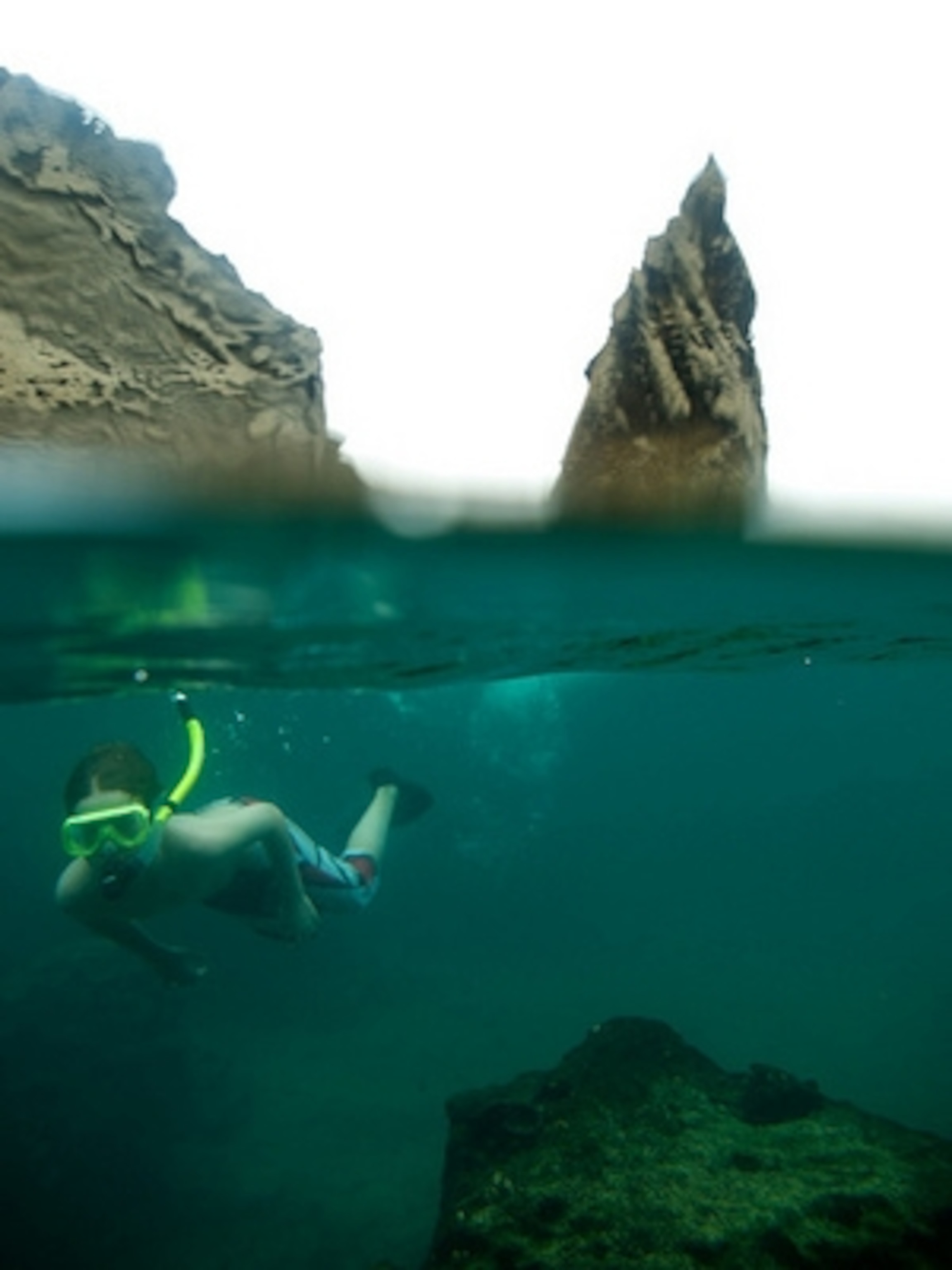
Galapagos Islands Seek Sustainable Growth
Tourism is an incredibly lucrative industry in the Galapagos: The numbers of visitors have quadrupled between 1990 and 2009, and more than 160,000 people now visit each year. For mainland Ecuadorians, the islands are seen of a source of higher incomes, and many move to the archipelago to earn better wages. But thanks in part to lax enforcement of residency permits, the population of the protected region now stands at 30,000 and is growing at a rate of 6.5 percent a year, compared with 2.0 percent on mainland Ecuador.
Ironically, the sustainability focus in the region has always been on the protection of animals. But this surge in human population is now putting undue stress on the Galapagos, reports the BBC:
[T]he islands do not cater for the human species as well as they do for the rest of their inhabitants. Tap water is not drinkable, so large quantities have to be imported from the mainland.
Shipments of food and fuel also reach the islands on boats that bring with them mosquitoes, flies and rats that are threatening the islands
native species.
In Santa Cruz, the most populated island, there is no sewage system.
The waste water is slowly penetrating the underground water reserves, contaminating them and the coastal waters.
There is also a problem with the disposal of the growing amounts of rubbish. Despite an efficient recycling system, the rubbish, once sorted, has to be shipped back to the mainland because it cannot be treated here.
Government officials have taken action to help control the overpopulation by identifying and deporting residents who do not have the proper permits to work in the islands. And they’ve also said they will begin looking to implement more sustainable practices for the residents, encouraging them to find alternative energy sources and to take better care of their environment.
“For years everybody dedicated themselves to conservation on Galapagos, and all the revenue went towards that,” says Fabian Zapata, former director of the regional planning agency, told the BBC. “We were trying to save the blue-footed boobies and the giant tortoises, but we forgot about human beings. We forgot that we need to give them education and skills, and infrastructure.”
[BBC News]
Photo: Senior photo editor Dan Westergren